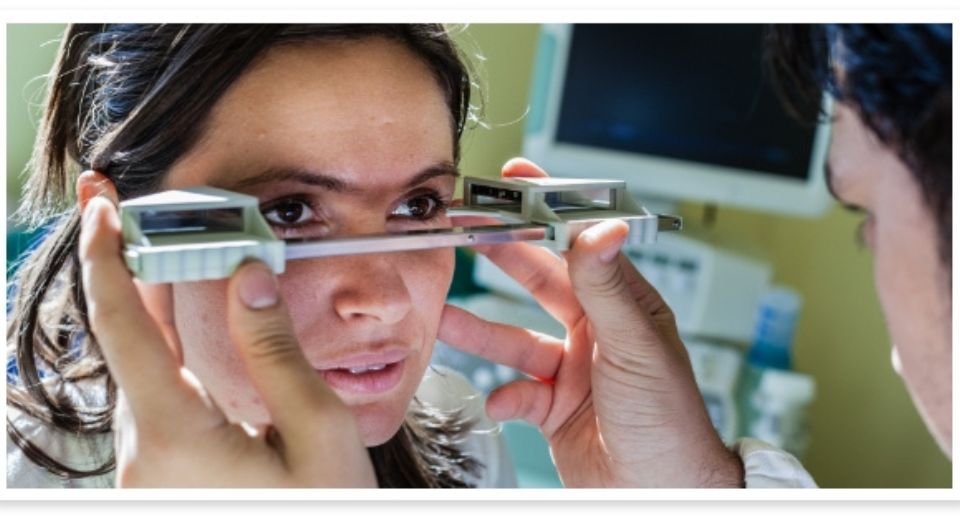HQ Team
April 27, 2025: The European Medicines Agency has granted a marketing authorisation in the EU for Amgen Inc.’s medicine for treating thyroid eye disease, according to a statement.
Tapezza or teprotumumab is used in the treatment of adults suffering from moderate to severe thyroid eye disease (TED).
Thyroid eye disease, also known as Graves’ eye disease, is a rare autoimmune disease that triggers inflammation of muscles, fat, and other tissues around and behind the eyes.
This can cause the eyes to bulge (or protrude), and other symptoms, including puffy eyelids, eye redness and irritation, eye pain, double vision, and eyelid retraction (when the upper and/or lower eyelids are pulled back more than normal).
Facial disfigurement
In severe cases, TED can cause vision loss and facial disfigurement.
The EU approval was based on opinion from the Committee for Medicinal Products for Human Use, a committee within the European Medicines Agency (EMA) responsible for evaluating and providing opinions on human medicines intended for use in the European Union, according to an agency statement.
The CHMP’s opinion was based on data from three randomised, placebo-controlled trials in a total of 225 patients with active TED, and one trial in 62 patients with chronic TED.
After 24 weeks, patients treated with Tepezza experienced a significant reduction (-2 to -2.3 mm) in protrusion of the eyeball from the eye socket (proptosis) and in Clinical Activity Score (CAS) — a standard tool to evaluate inflammatory signs and symptoms of TED — compared to patients treated with placebo.
Monoclonal antibody
The reduction in proptosis was smaller (-1.5mm) in patients with chronic TED.
The active substance of Tepezza is teprotumumab, a monoclonal antibody (a type of protein) designed to block the autoimmune activation of orbital fibroblasts (specialised cells in the eye sockets), potentially inhibiting the development and progression of TED.
Treatment options for moderate-to-severe TED are limited, and most patients are treated with corticosteroids, with some patients needing multiple reconstructive surgeries.
Fatigue, hyperglycemia
The most common side effects in patients treated with Tepezza were muscle spasms, diarrhoea, alopecia (hair loss), hyperglycaemia (high blood glucose levels), fatigue, nausea and headache.
Evidence from clinical trials and post-marketing experience shows that Tepezza may cause severe hearing impairment, including hearing loss, which in some cases may be permanent.
The positive opinion adopted by the CHMP is an intermediate step on Tepezza’s path to patient access.
The opinion will now be sent to the European Commission for the adoption of a decision on an EU-wide marketing authorisation.
Once a marketing authorisation has been granted, decisions about price and reimbursement will take place at the level of each country, taking into account the potential use of this medicine in the context of the national health system of that country.








